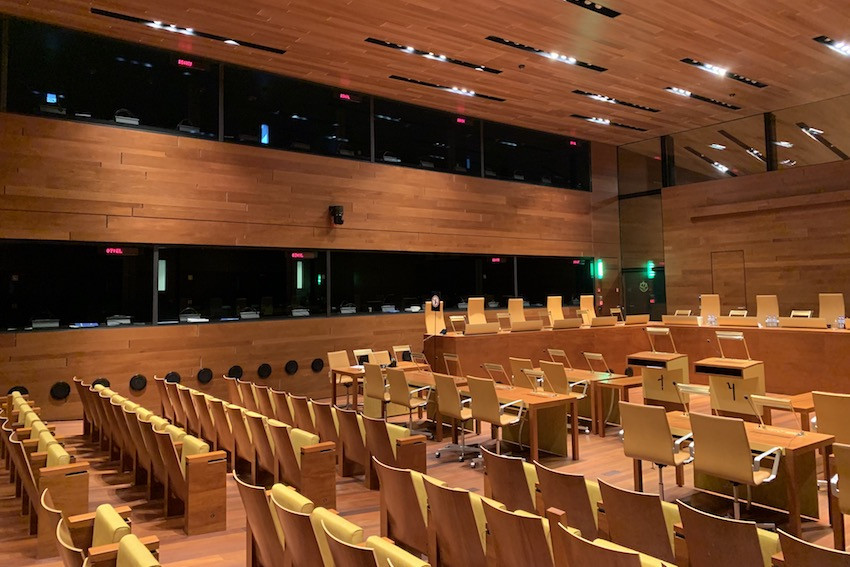The Children’s Future Fund (Caisse pour l’avenir des enfants, or CAE) unfairly applied EU rules by treating the cross-border commuter’s dependent differently than a child who lived in the grand duchy, the judges ruled.
The ruling stems from a case brought by “FV”, a French cross-border worker. In November 2016, the CAE determined that he no longer qualified for the family allowance for “HY”, his wife’s child from a previous relationship who lives in their household. FV contested the decision before Luxembourg’s Social Security Arbitration Board, which ruled in his favour. The board said that the family allowance was a “social benefit” under EU rules on the free movement of workers.
The CAE then appealed to Luxembourg’s Higher Social Security Council, disputing that decision. The council asked the European Court of Justice if the family allowance should be considered a social benefit and if so, whether it only applies to workers’ own children.
On Thursday, the ECJ said that family allowances are indeed a social benefit and that dependents of cross-border commuters are entitled to it.
According to a court press statement, the judges in Kirchberg reckoned:
“… that the allowance concerned is paid in respect of all children residing in Luxembourg and in respect of all children of non-resident workers with a child-parent relationship with those workers. That benefit is thus granted without any individual and discretionary assessment of personal needs, on the basis of a legally defined position.”
The court concluded that Luxembourg’s “family allowance is a social security benefit,” meaning that EU rules on equal treatment apply. The court explained that:
“… the principle of equal treatment precludes legislation of a member state under which non-resident workers are entitled to receive an allowance, such as the family allowance claimed by FV, only in respect of their own children, to the exclusion of their spouse’s children with whom they have no parent-child relationship, but who are their dependents, whereas all the children residing in that member state have the right to receive that allowance.”
The matter now returns to Luxembourg’s Higher Social Security Council for final adjudication.
Myriam Schanck, head of the CAE, told Delano on Thursday: “The court’s judgment will be studied in detail in the coming weeks.”
The case is C-802/18 Caisse pour l’avenir des enfants.
